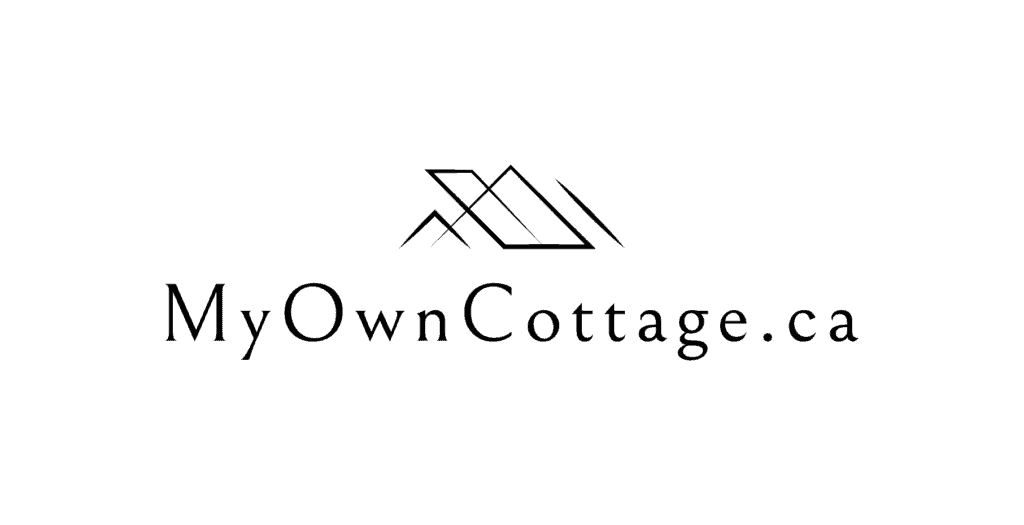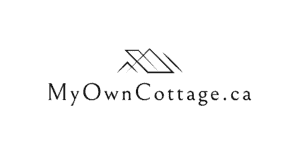Do You Need a Building Permit for a Prefab Cottage in Ontario?
Wondering if prefab cottages in Ontario require building permits?
Learn what zoning codes, seasonal use, and municipal rules mean for your prefab project—and how to stay compliant.
Do You Need a Building Permit for a Prefab Cottage in Ontario?
Yes, you need a building permit for prefab cottages in Ontario under the Ontario Building Code Act, which applies to all permanent structures—including CSA A277-certified modular homes—regardless of foundation type or square footage.
Permit requirements typically include zoning compliance, site plan approval, and septic or utility plans, even for seasonal or rural (RU/SR-zoned) properties.
Thinking of building your dream home or a cozy vacation retreat using a prefab cottage in Ontario?
Regardless of whether you’re envisioning a guest house, a custom cabin with high-performance windows, or a full-time custom home with a spacious living room coupled with natural light.
There’s one critical question you always need to answer upfront: Do you need a building permit?
In nearly every case—yes, and here’s why it matters.
Why Permits Matter for Ontario Prefab Cottages
Ontario’s Building Code Act doesn’t differentiate between prefab homes and traditional construction.
If you plan to place a modular home, tiny home, or custom prefab unit on your land—whether it’s 400 square feet or 2,000—you’ll almost certainly need a building permit.
This is especially true if you’re installing on:
A permanent foundation, slab, or pier system
A lot with RU zoning or seasonal zoning like SR (Seasonal Residential)
Property requiring new septic systems or utility hookups
Permits ensure your prefab structure complies with safety standards, zoning regulations, and energy efficiency benchmarks—especially important in Ontario’s harsh winter weather conditions.
Which Zoning Codes Trigger Permit Requirements?
Not all land is created equal. In Ontario, zoning classifications like RU (Rural) or SR (Seasonal Residential) can dictate what you can—and can’t—build.
RU Zoning: Often allows detached dwellings, but may require minimum setbacks, septic testing, and lot coverage limits.
SR Zoning: Typically permits seasonal use only. Building a year-round custom home may require rezoning, a process that can take months.
✅ Want the full zoning breakdown? See our guide on Ontario Prefab Cottage Zoning Laws.
When Is a Prefab Cottage Considered a “Dwelling” Under the Law?
Even if you view your prefab as a tiny home, guest house, or home office, the law might classify it as a permanent dwelling—especially if:
It’s winterized
It includes kitchen and bathroom facilities
It’s intended for long-term use or rental income
Any prefab home over 108 square feet (10 m²) typically requires a permit in Ontario, but it also depends on how it will be used.
If you’re planning a Passive House or a custom design with a high square footage, count on needing full approval.
🛠️ Want help fast-tracking your permits? Book a zoning + permit review with our expert team.
Real Case: Missed Permits and Legal Setbacks in Haliburton
One of our clients purchased a prefab model from My Own Cottage and began construction on their lakeside lot in Haliburton.
The floor plan was stunning—lots of natural light, smart layout, and energy-efficient windows.
But they hit a wall—literally.
🏗️ A stop-work order halted the build.
Why? The land was zoned SR, which required rezoning for full-time occupancy. The client had assumed prefab meant “plug and play.”
It took over six months and thousands in additional costs to resolve the issue.
💡 Lesson: Even the best part of your prefab journey—choosing the model and visualizing the final product—can be derailed by zoning blind spots.
How to Confirm Your Land’s Eligibility Before You Buy
Before signing anything, here’s how to protect your investment:
Request a zoning certificate from the local planning office
Confirm land use allowances (seasonal, full-time, rental)
Ask if additional studies are needed (e.g., septic approval, environmental assessments)
Get it in writing—verbal assurances from sellers or real estate agents aren’t enforceable
This step is crucial if you’re aiming for cost savings, avoiding construction delays, or building a high quality product in a controlled environment.
🔗 For clarity, be sure to review our comprehensive guide “Can I Build a Prefab Cottage on My Vacant Land in Ontario?” for guidance on land readiness.
Get Help With Our Free Zoning Consultation + Permit Checklist
Building a prefab cottage in Ontario can feel overwhelming—but it doesn’t have to be.
Our free checklist consultation helps you:
Understand zoning categories like RU and SR
Learn when a prefab becomes a “dwelling”
Navigate septic, utility, and foundation requirements
Avoid additional costs and legal delays
📅 Book a permit consultation today for exceptional service, fast answers, and peace of mind throughout the entire process.
Final Thoughts on Cottage Building Permits
A prefab cottage in Ontario might seem like the perfect solution to avoid the complications of traditional homes.
And in many ways, it is—faster construction, a unique structure, and personal style tailored to you.
However, you still need to play by Ontario’s rules.
Start Smart and Plan Ahead with My Own Cottage!
Start smart. Plan ahead.
And lean on the experts who’ve helped hundreds navigate the construction process from raw land to perfect home.
🛠️ Book your free planning consultation or call us directly today to get started!
🧑💼 Request a Free Consultation
📲 Call Us Directly: (705) 345-9337
✅ Ontario-Built | ⚡ Energy-Efficient | 🏡 Fully Customizable | 🚚 Fast Delivery
Alternatively, for your convenience, you can also simply fill out the contact form below and we’ll get back to you soon! 👇
❓ FAQ: Building Permits for a Prefab Cottage in Ontario
Do you need a building permit for a prefab cottage in Ontario?
Yes, you need a building permit for a prefab cottage in Ontario if the structure exceeds 10 square metres (≈108 sq/ft) or includes plumbing, regardless of whether it’s factory-built or assembled on-site. All prefab dwellings must comply with the Ontario Building Code and local zoning bylaws.
Are prefab homes legal in Ontario?
Yes, prefab homes are legal in Ontario as long as they meet Ontario Building Code standards and receive proper permits from the local municipality. Permanent prefab homes must also be certified under CSA A277.
Do I need a permit to build an off-grid cabin in Ontario?
Yes, you need a building permit to build an off-grid cabin in Ontario if it’s larger than 10 square metres, includes plumbing, or is used as a dwelling. Even without utilities, zoning and building code compliance is required.
What size building can I construct in Ontario without a permit?
You can build a structure up to 10 square metres (108 sq/ft) in Ontario without a permit, as long as it doesn’t include plumbing or sleeping areas and follows local zoning and setback rules.
What buildings don’t require a permit in Ontario?
Buildings that are under 10 m², don’t include plumbing, and aren’t used for habitation generally don’t require a permit in Ontario. Examples include small sheds, tool storage, or non-serviced garden structures.
Can I put a modular home on my property in Ontario?
Yes, you can place a modular home on your Ontario property if it complies with zoning laws, is CSA A277 certified, and meets all Ontario Building Code requirements. A building permit is required before installation.
Are modular homes allowed in Ontario?
Yes, modular homes are allowed in Ontario and are treated like any other permanent dwelling under the Building Code Act. They must meet code standards and be approved through the municipal permitting process.
Where in Ontario are tiny homes allowed?
Tiny homes are allowed in municipalities like Toronto, Ottawa, Hamilton, and Kitchener, provided they comply with local zoning, lot size, and servicing requirements. Always check with your local planning department for updates.
Are there grants for tiny homes in Ontario?
Yes, some Ontario municipalities and housing agencies offer tiny home grants or incentives, especially for affordable housing, secondary suites, or aging-in-place programs. Availability varies by region.
How much does a modular home cost in Ontario?
Modular homes in Ontario typically cost between $150 and $300 per square foot, not including land, permits, delivery, or foundation. Fully finished homes often range from $180,000 to $400,000+, depending on size and customization.
Who are the best modular home builders in Ontario?
Top-rated modular home builders in Ontario include My Own Cottage, Quality Homes, and Royal Homes, known for CSA-certified prefab models, energy-efficient construction, and Exceptional Service.

